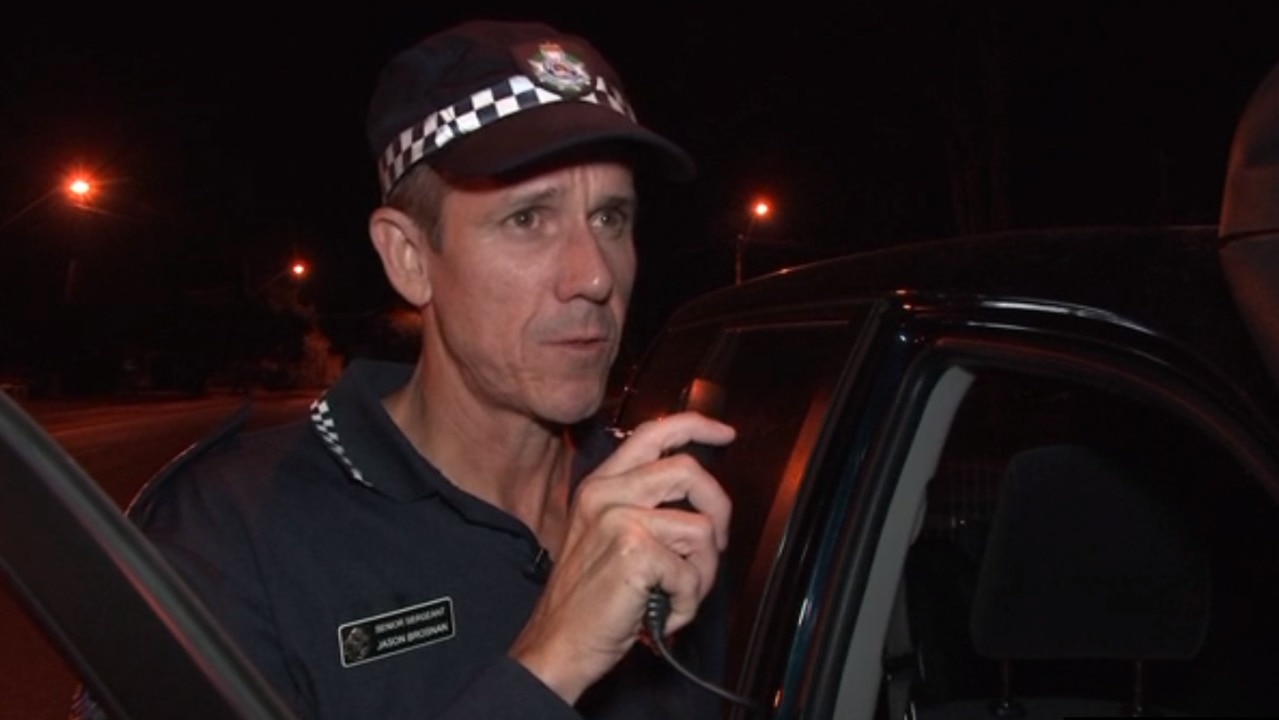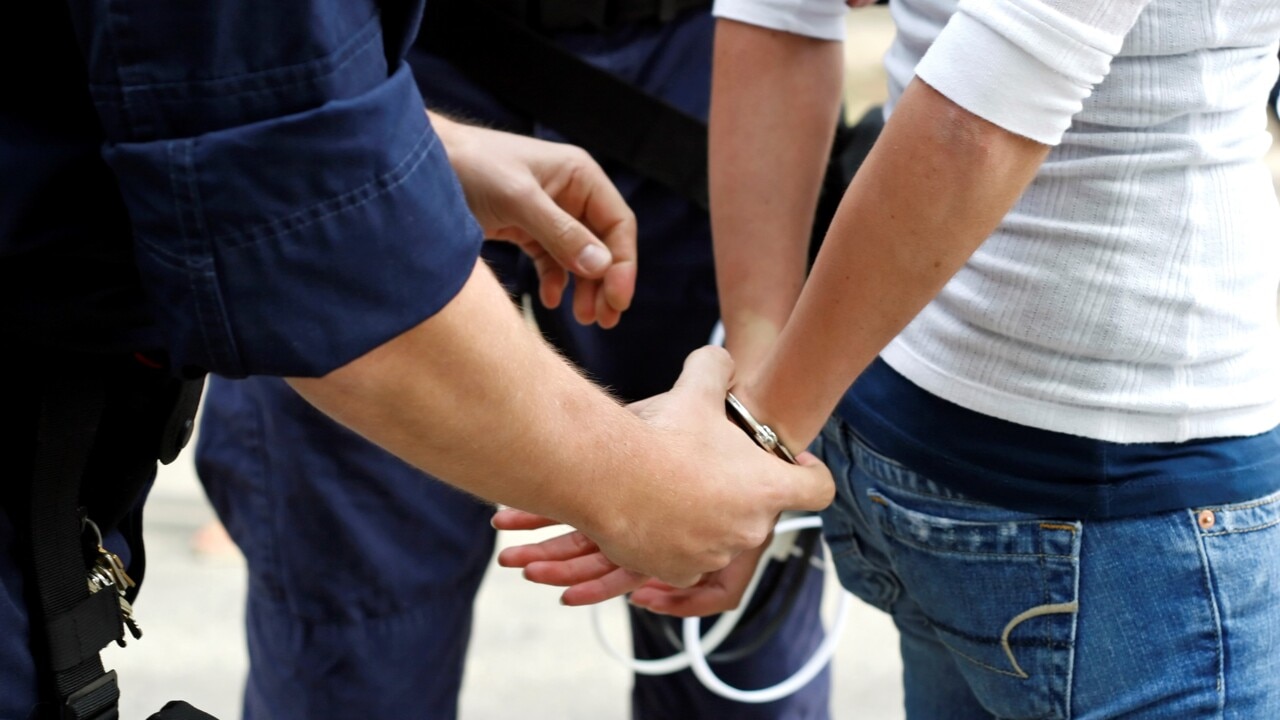Data shows 27 kids each committed 50+ new offences while out on bail last year
The number of youths committing crimes while on bail has doubled in just 12 months, shock new figures show, dozens of them committing more than 50 crimes each after being released.

Police & Courts
Don't miss out on the headlines from Police & Courts. Followed categories will be added to My News.
The number of youths committing crimes while on bail doubled in 2020 with new figures showing 27 juvenile offenders each committed more than 50 new offences after being freed.
In 2019 just 13 children committed more than 50 new offences each while bailed.
The data, which provides a three-year comparison from 2018-2020, highlights the increase in the number of children aged 10-17 years who have committed more than 30 new offences, more than 50 new offences and more than 100 new offences while out on bail.
The number of juvenile offenders committing more than 30 new offences while out on bail had jumped from 63 to 97 between 2018 and 2020, while only one child aged 10-17 committed more than 100 new offences in 2020 – the same as in 2018.

The numbers were published on the Queensland Parliament website following a question directed at Minister for Children and Youth Justice, Leanne Linard.
Professor Emeritus Ross Homel from Griffith University’s School of Criminology and Criminal Justice said the data accounted for only about 10 per cent of Queensland’s youth offenders.
“We call these the prolific, repeat, serious offenders (who) commit a dozen – in some cases even more than 100 offences- in a short time” Prof Homel said.
Although the data showed an increase in the number of repeat offenders, Prof Homel said youth offending has gone down in Australia – with the rate currently less than it was 20 years ago.
“Many of the kids (represented in the data) come from a group that is a socially excluded and highly deprived population, and they are affected by quite serious poverty,” he said.
Prof Homel said newly introduced changes to youth justice laws, which sees a presumption against bail for young offenders charged with certain offences, are unlikely the best way forward.
“I think (the new legislation) will keep some of the kids out of trouble for a period, because keeping kids in detention for a while will mean they aren’t able to commit as many offences in that time frame,” he said.
“But … unless you want to lock kids up for life, which no one thinks reasonable or humane- (then) they’re going to get out eventually and they’re going to come out as worse human beings than when they went in, because they’re going to learn the trade while inside detention.”

Prof Homel suggested the issue of juvenile crime had become highly politicised, and said the only way forward is with significant investment in teaching vulnerable kids how to become valued members of society before they fall into criminality.
“Early intervention and prevention is the best way,” he said.
“It won’t be cheap or easy, but we can give (kids) skills to socialise, skills they need to get a job and improve their education levels.
“It’s such a wide spread and complex problem and it won’t go away because we hope it does.”
The document notes that the figures count the individual child multiple times; if they have committed 100 new offences, they are also counted as having committed 50 and 30 new offences.


